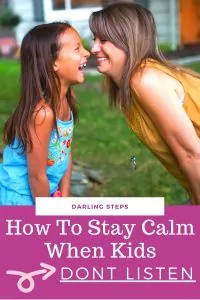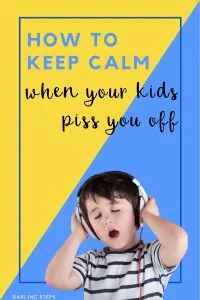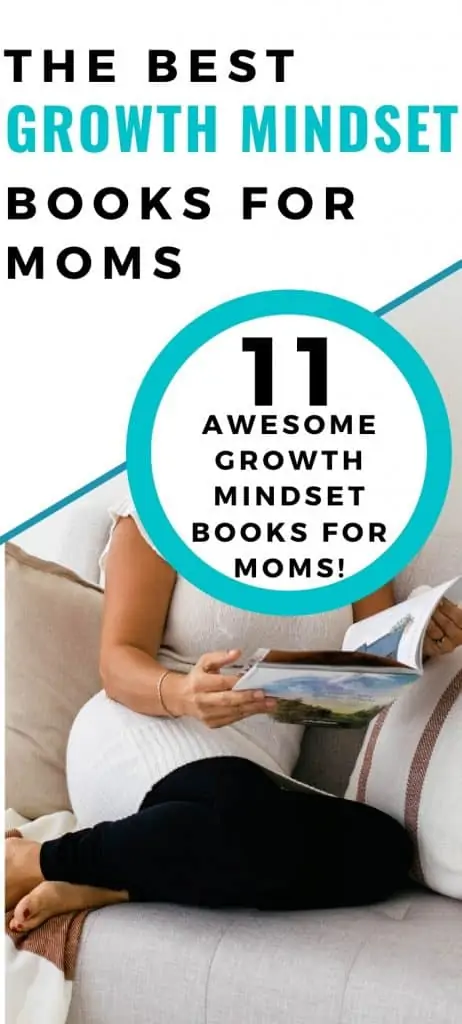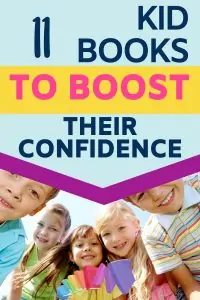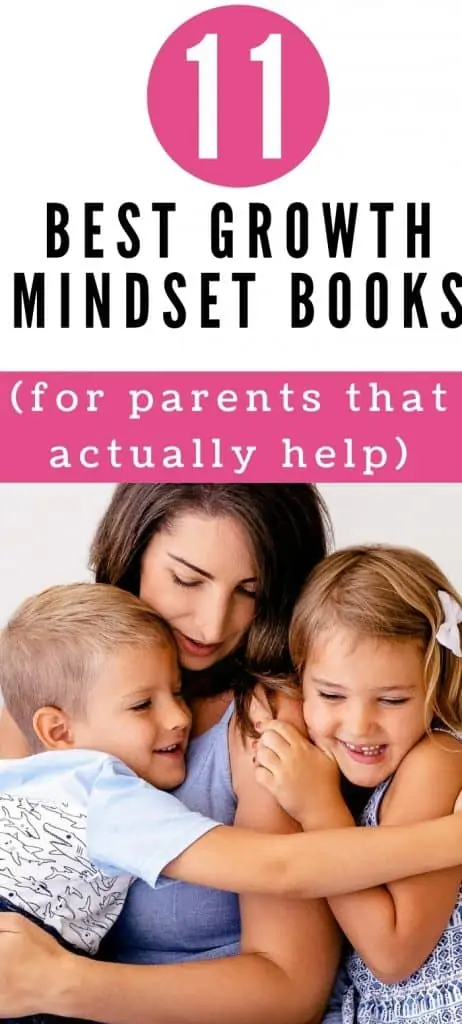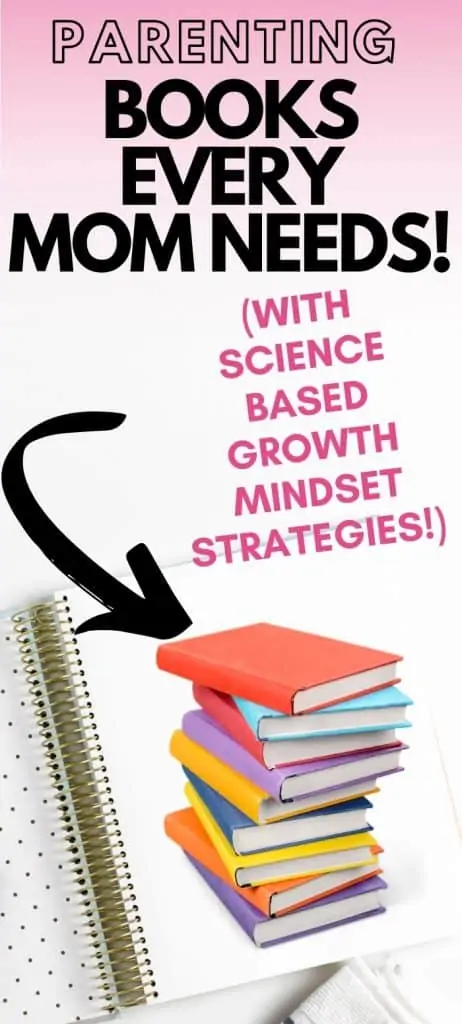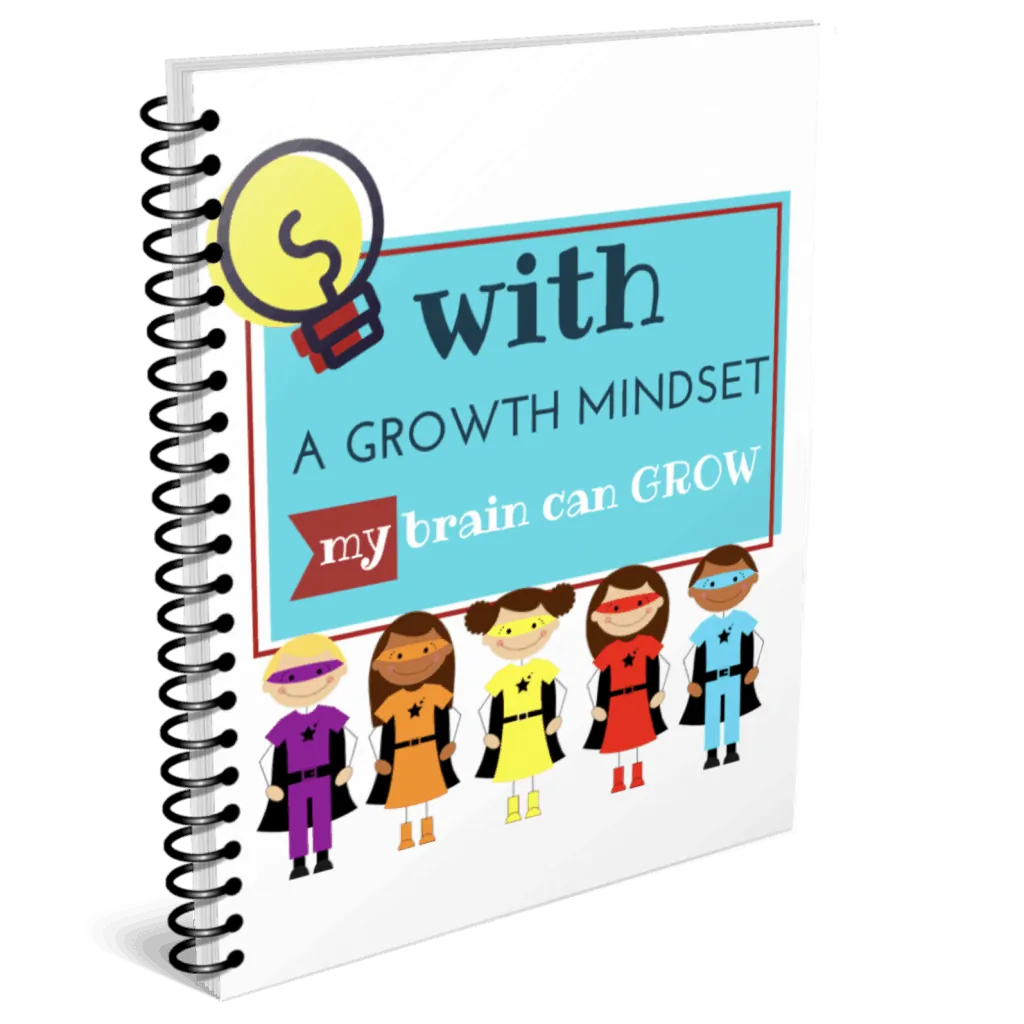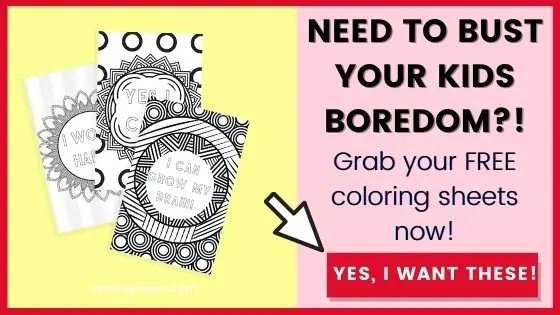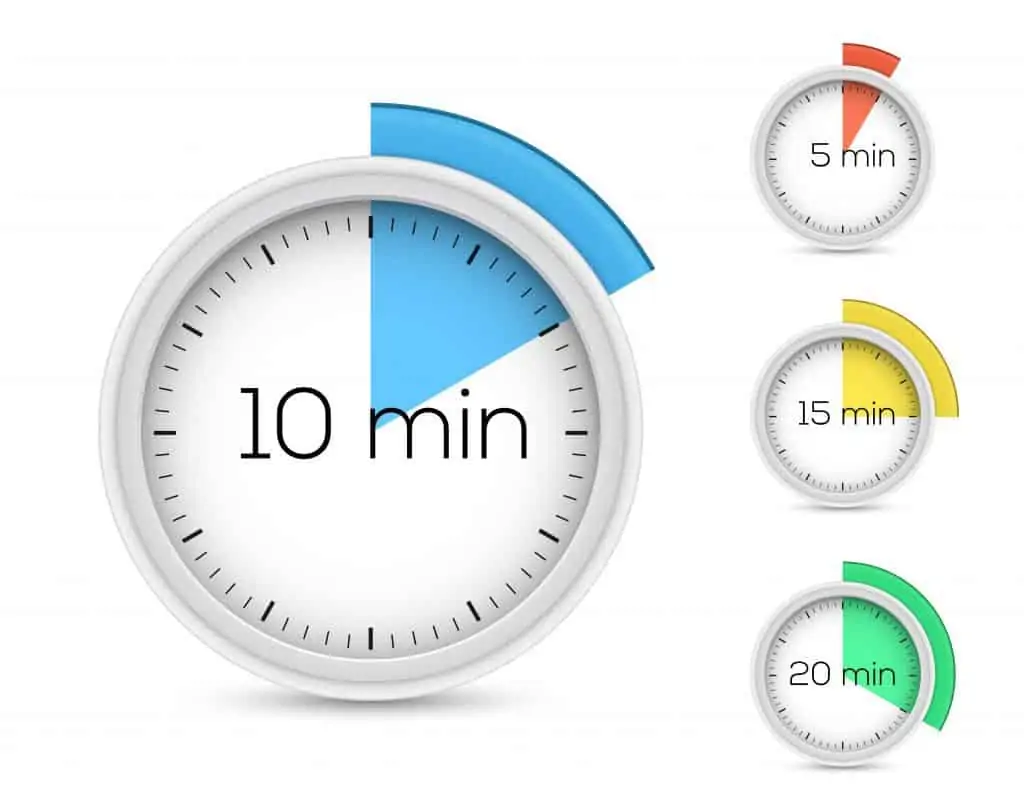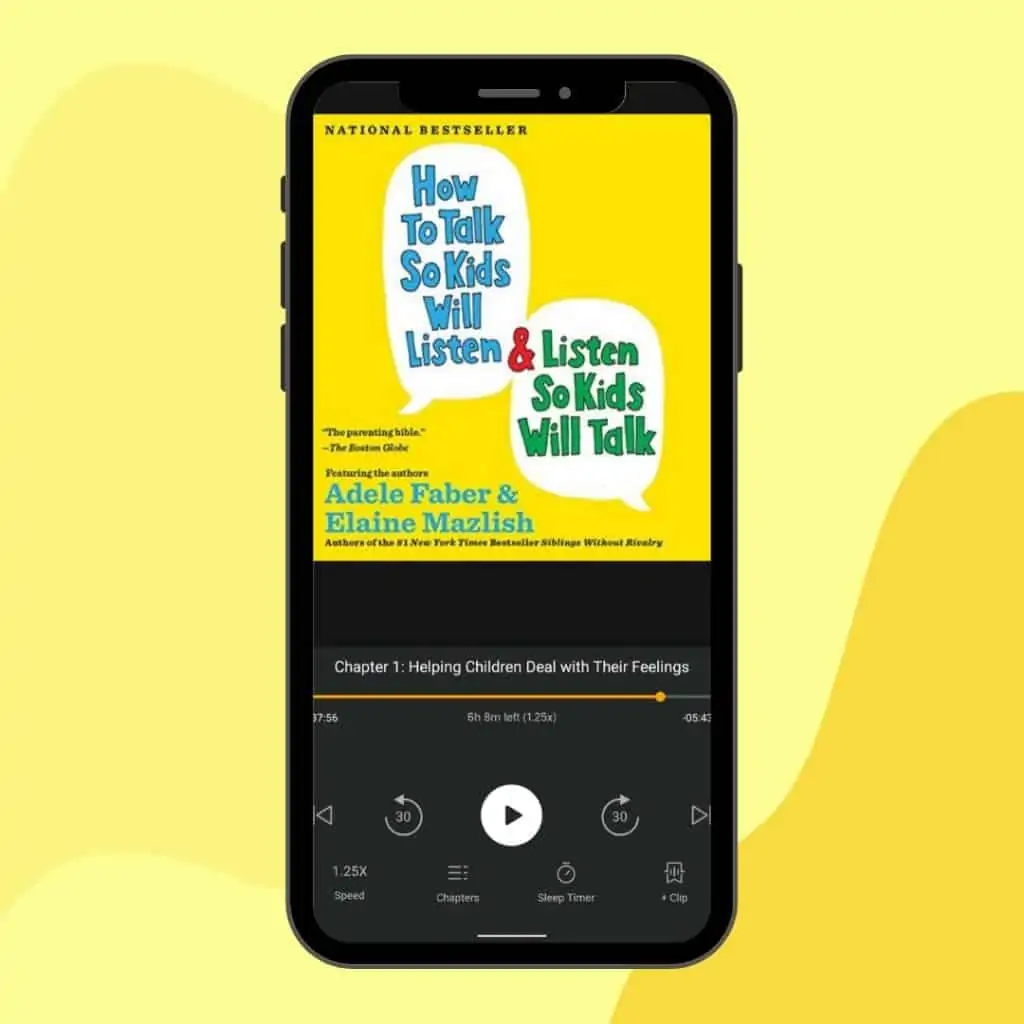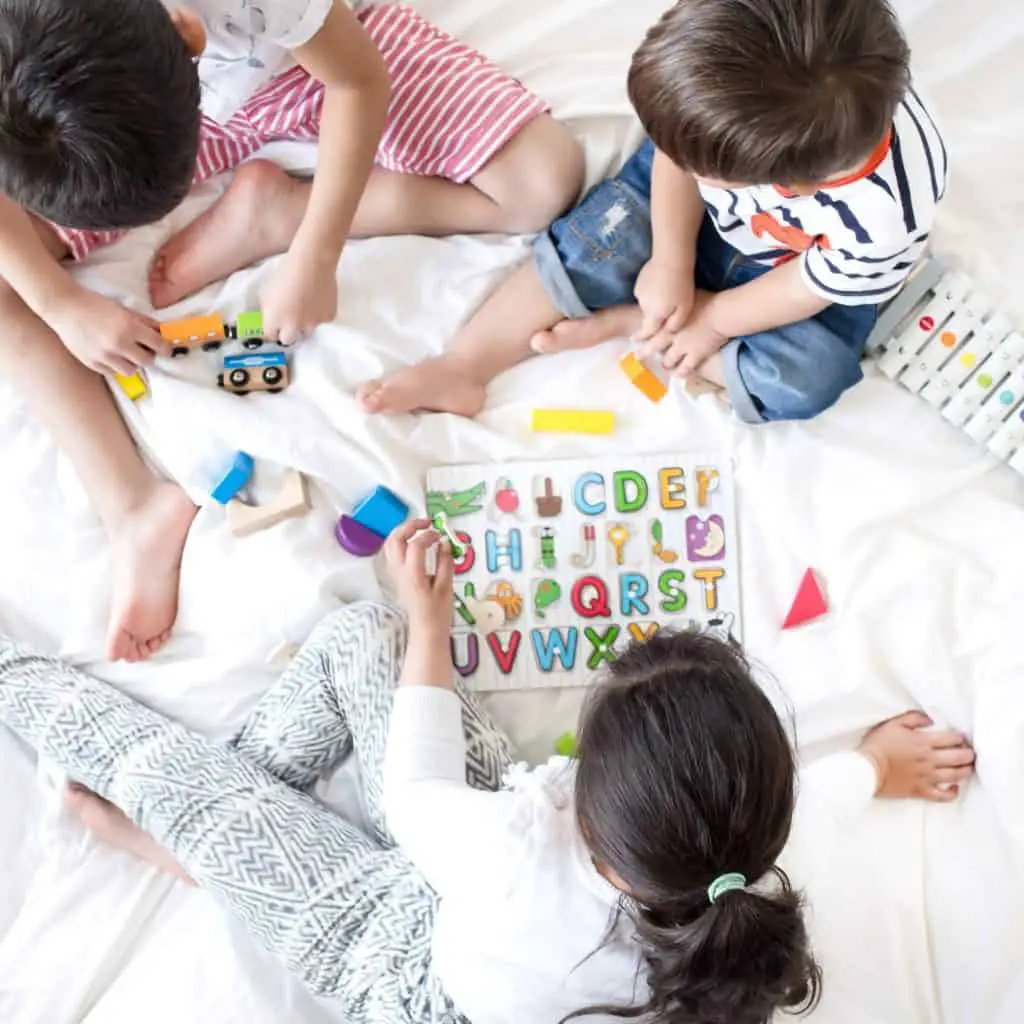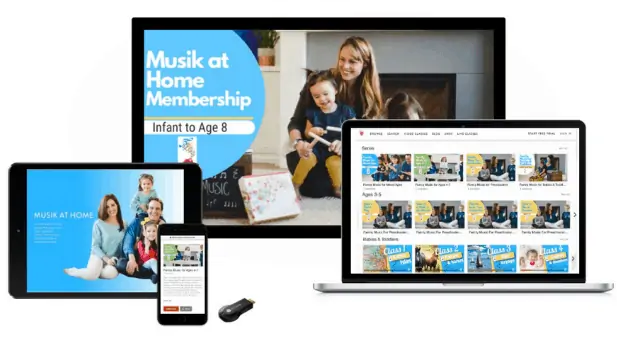9 Ways To Stay Calm When Your Kids Don’t Listen
Staying calm and keeping our cool when kids press our buttons lol is tough. You don’t want to yell or hit them. You want to discipline and teach them in a healthy effective way without losing your mind. It’s simple to manage difficult behavior once you understanding the reason behind them. I’ll share 9 easy ways I stay when my children don’t listen.
Understand The Root of Your Feelings
To get the root of your emotions, you need to ask yourself if and why you’re angry. Is the frustration building from any other area of your life, and you’re reflecting this on your children? If this situation happened three days from now and you were away from your kids, would you feel the same?
Remove Yourself From The Scene
Walk away to cool off. Head to the bathroom, your closet, porch, or backyard and take a 5-minute break to figure out the most effective way to respond versus react. It is possible to calm down without losing your temper.
Scream It Out
If you can’t stop yourself from yelling, feel free to scream into a pillow or head to the bathroom (or any solo room) to close the door and let it out.
Related: How-To End Power Struggles With Children
Visualize Connections
Imagine what you genuinely want your relationship with your child to look like. Now, compare that to how it looks at the moment. Keeping the vision in focus allows us to remember our WHY. To ground us in the midst of frustration. Visualize yourself staying calm with your little one.
Stay Prepared
Create and choose a strategy you’ll use ahead of time to help yourself stay calm during tantrums, etc. It’s not always easy to deal with difficult behavior but it’s definitely possible to be a calm parent if your READY.
Related: How-To Discipline A Difficult Child Without Hitting
Keep A Notebook
Make a habit of jotting down frustrating moments. Then, at another time, look your notes over and allow yourself to free write without judgment. What happened? Why were you feeling this way? Then, move on with your day.
Related: How-To Get Kids To Listen Without Yelling
Remember It’s Never About You
When kids are disobedient, it’s almost always a request for help and guidance. More than anything, your child wants (and needs!) you to stay calm to help them healthily solve their problem
Sometimes It IS About YOU
An unconventional statement, but, children are merely mirrors or tape recorders as I jokingly say. They are reflecting your own emotions. Whatever feelings your child is exhibiting, take a quick body scan, and analyze whether you are experiencing those emotions. Then, work on shifting your attitude, and your kid will follow.
Related: Keeping Calm As a Parent
Delay Your Reaction
If you can delay your anger or yelling (even if for just a few minutes)- you’re setting yourself up for success to approach the situation in a calmer way

